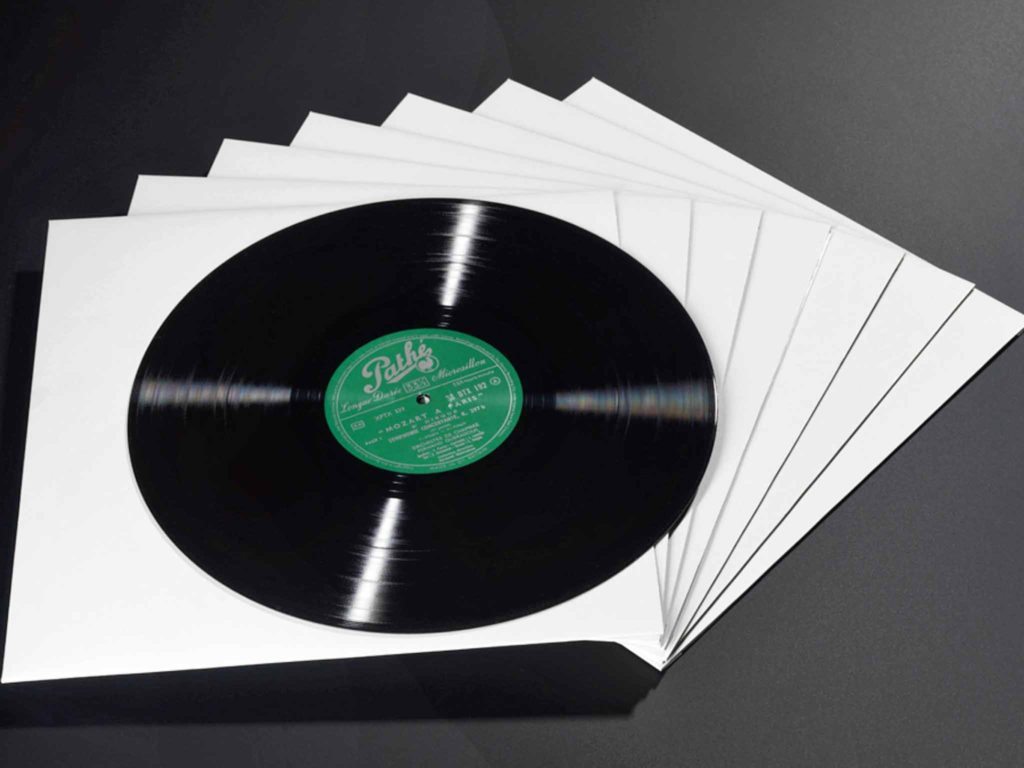
We know that vinyl is back, but now the demand for retro is leading to some extraordinary prices. As LP sales return to a level not seen for almost 20 years, a small west London vinyl-only record label is busy producing handmade limited-edition albums that sell for up to £2,500.
A gangly figure with a remarkably luxuriant beard, label owner Pete Hutchison looks like a man out of time sitting in his small Notting Hill studio surrounded by beautifully restored vintage equipment. The set up includes a BTR-2 reel-to-reel tape machine used at Abbey Road Studios on landmark recordings by the likes of The Beatles.
Hutchison’s passion for 33.3rpm vinyl discs, a format introduced by Columbia back in 1948, knows no bounds.
An avid collector of rare vinyl, Hutchison’s hobby took an expensive turn when he developed a taste for classical music after inheriting his father’s collection. In a single year he spent £30,000 on classical LPs and thousands more on jazz, folk and rock records. One Mozart box set alone cost him £10,000.
Not satisfied with merely collecting rare LPs, in 2012 Hutchison launched the Electric Recording Company and began recreating them. The company faithfully reproduces ultra-rare 1950s and 1960s LPs from the original masters using only vintage, valve-driven equipment.
It’s a time and money consuming process but most costly of all is the recreation of the album sleeves, which involves using authentic materials, typesetting the lettering and printing on a five-and-a-half tonne Heidelberg cylinder press, dating from the 1950s.
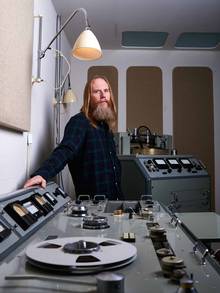
The painstaking process means a single product can take up to a year to create. So far the company has produced only seven classical releases. Priced between £300 and £2,500, they are limited to 300 copies each.
The label will begin releasing jazz albums next year and Hutchison is eager to move into rock and pop. “I have requested The Beatles, Jimi Hendrix, Joni Mitchell and Led Zeppelin,” he says, before adding that he is also interested in working with contemporary artists.
With only a handful of staff, the Electric Recording Company has sold £400,000 worth of vinyl to a loyal customer base that stretches from North America to China. Its patrons are primarily professionals – doctors, bankers and lawyers often eager to buy every release.
“Our distributors get calls from wives complaining their husbands have bought all the records, so we have to space the releases out,” says Hutchison.
Hutchison is also the MD of boutique indie label Peacefrog, which has enjoyed considerable success with acts including José González, Nouvelle Vague and Little Dragon. The profits have been ploughed into his quest for vinyl perfection.
“It was great not to have to seek funding, that has made it both possible and enjoyable. I certainly wouldn’t have done it if it meant re-mortgaging the house,” he says.
Using contacts at EMI, Hutchison licensed more than 80 classical recordings made between 1950 and the mid 1970s, a period he considers a golden era of analogue recordings.
The next stage was to acquire the necessary valve-driven equipment. “I rang around all the big studios but no one had a thing,” says Hutchison. He then called veteran sound engineer Sean Davies.
Davies was not only able to help Hutchison locate some of the few surviving examples of the equipment needed, many ravaged by rust, but to refurbish them using spare parts and manuals he had held on to since the 1970s.
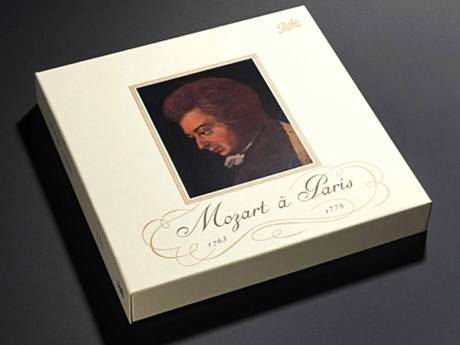
The first tranche of releases consisted of three highly collectable LPs of Bach sonatas played by the Hungarian violinist Johanna Martzy, all of which have now sold out.
Next was the Mozart à Paris box set that set him back £10,000, a lavish seven-disc compilation of the composer’s Parisian work, originally produced by French Pathé to celebrate the bicentenary of Mozart’s birth. You can pick up one of the Electric Recording Company’s few remaining copies for a princely £2,495.
Having struck a licensing deal with Los Angeles-based Concord Music Group, Hutchison is now looking forward to working with the master tapes from seminal American jazz labels Prestige, Riverside and New Jazz.
In January, the label will begin releasing rare American jazz albums from the 1950s and 1960s by artists including Tommy Flanagan, Hank Mobley, Elmo Hope and John Coltrane, all produced by the legendary Rudy Van Gelder.
Ever the perfectionist, Hutchison perused photos of Van Gelder at work in his studio and at a cost of £50,000 set about acquiring and restoring the original 1950s valve-processing tools used by the producer. They include a Gotham cutting amplifier, Ampex 300 valve tape machine and a Scully Lathe, which Hutchison had adapted for UK mains by retired Rolls Royce service engineers.
The new set-up enables Hutchison to cut master lacquers in true mono from the original master tapes using all valve equipment. Why is valve technology so important? Hutchison admits it is subjective. “The sound created is far more emotionally engaging, more open, pleasant and lifelike,” he says.
Putting it to the test, I settle into the studio sofa as Hutchison puts the needle on a record from the £2,500 Mozart à Paris set. The sound leaps from the speakers and fills the room with a remarkable vitality that is truly captivating. The detail is so sharp it feels as if the musicians are present; every nuance of Jacques Dumont’s violin and Robert Veyron-Lacroix harpsichord is captured beautifully. I can almost hear them breathe. I sit back in silence and marvel at the clarity.
It is a shame only a few elitist audiophiles are likely to enjoy the extraordinary sound quality of Hutchison’s records, and as he looks to expand his operation beyond classical and into more egalitarian genres such as jazz and pop, he admits price could prove an issue.
“We have had complaints about the price of our records. People really want to buy in, but they are extremely expensive to make; even the inner sleeves are hand-packed. If we make a pop release, and it has a much broader market, we will look to reduce the price,” he says.
At a time when streaming services are becoming more prevalent and the music industry is trying to adapt to a shift in demand from ownership to access, news that vinyl sales are heading north is manna from heaven.
Hutchison believes the introduction of CDs was the great rock-and-roll swindle and the industry is paying for that mistake: “The CD has killed the music industry. It was sold as being indestructible, was priced too high and offered inferior sound. The CD devalued music and then we moved to MP3, which is the worst thing anyone could listen to. Since the 1980s we have gone backwards, so it was inevitable there was going to be a backlash and now most rational people are realising vinyl is far superior to digital and that we were conned.”
Thanks to Chris Barrett of The Independent Newspaper for this article
Be sure to look at eil.com for our extensive range of audiophile vinyl, full details available here

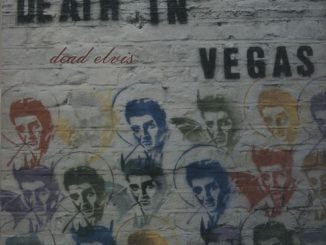
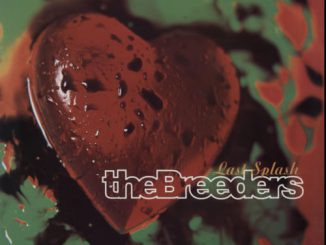

Be the first to comment